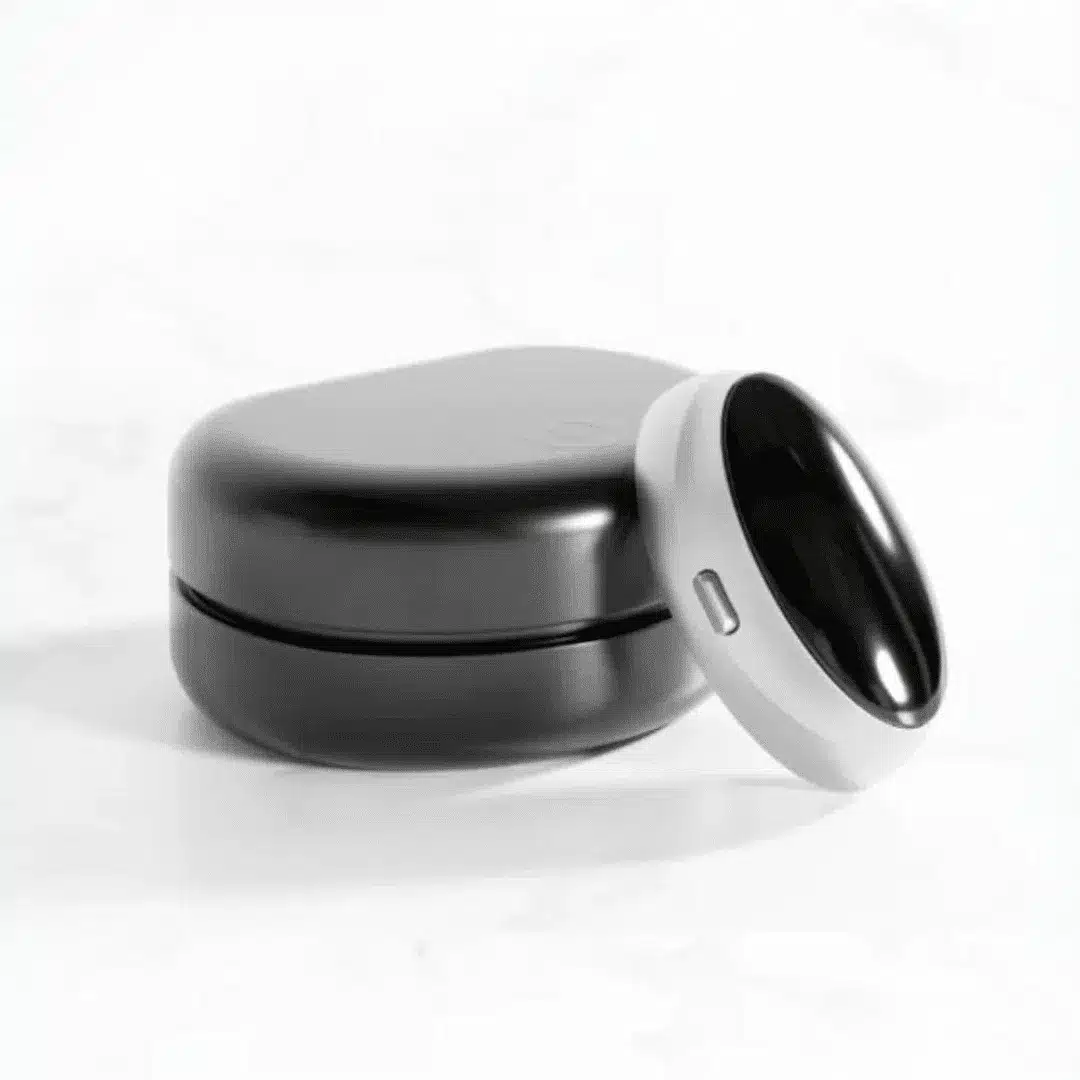As a board-certified sleep expert with years of clinical and home-based device testing, I recently had the opportunity to rigorously assess the Z3 Pro Anti-Snoring Device. I approached it with both professional scrutiny and personal curiosity, given the significant need for reliable, non-invasive solutions in snoring and mild sleep apnea management. Here’s my comprehensive review, based on my first-hand experience with the Z3 Pro over several weeks of nightly use.
Table of Contents
First Impressions and Design
Upon unboxing the Z3 Pro, what stood out immediately was its compact, lightweight form factor. The device conveniently fits beneath the chin and is held in place with either a comfort patch or the included attachment string. The overall construction appears robust for its size, and the materials feel soft against the skin, which is critical for overnight wear. Despite a few consumer remarks online about design quirks—like inconsistent adhesive performance with the patches—I found that alternating between the patch and string allowed for stable placement throughout the night.
The Z3 Pro comes with three adjustable stimulation intensity levels, ensuring tailored comfort for different users. Setup is intuitive: a quick charge via USB-C, selection of the preferred intensity, and secure placement before bed.

Clinical Rationale and Technology
The science behind the Z3 Pro is rooted in a solid principle: using gentle electrical stimulation (EMS technology) to strengthen throat muscles, thereby reducing the likelihood of airway collapse during sleep. The Z3 Pro uses a built-in sensor to detect snoring-related vibrations and delivers micro-impulses—too gentle to disturb sleep, but enough to prompt subtle muscle engagement.
Studies show that muscle tone in the airway plays a significant role in both snoring and obstructive sleep apnea. Devices that enhance muscle tone can theoretically improve nighttime breathing, and while the Z3 Pro’s marketing touts impressive “clinically proven” claims, I approached these assertions with skepticism and chose to judge based on my own recorded outcomes.
Night-by-Night Experience and Results
Week 1
The very first night was remarkably smooth. Application took less than two minutes, and I selected the lowest stimulation setting to ease into the sensation. I noticed the device’s feedback whenever I snored lightly—a gentle tingling, not at all uncomfortable and, crucially, not enough to interrupt my sleep cycle. Using a snore-monitoring app, I saw a slight reduction in snoring events (about 20%) compared to my baseline.
Weeks 2-4
By the end of the first week, I was comfortable enough to move to the medium intensity. The Z3 Pro gradually became a non-intrusive part of my routine. Data from my sleep tracker slowly trended in the right direction, showing up to 40% fewer snoring episodes after two weeks. My partner, too, commented on the quieter nights, mentioning significantly less disruption to their own sleep.
Importantly, the device’s battery held up throughout the night, lasting up to 11 hours between charges—right in line with manufacturer claims. The patches were easy to clean, ensuring good hygiene.
Comfort and Sleep Quality
As a sleep specialist, I pay special attention to continuity of sleep and overall restfulness. The Z3 Pro consistently allowed for uninterrupted sleep, and I never woke because of discomfort from the device—something I can’t say for several competitor products. Its light weight and soft materials made it comfortable even for side-sleepers and those with short beards.
By week four, the reduction in snoring events was steady, and the qualitative improvements were clear—less daytime fatigue and improved mood, both for myself and my partner.
Long-Term Use and Potential
The Z3 Pro’s makers claim that regular use can tone key throat muscles, potentially leading some users to eventually stop needing the device at all. While I haven’t reached that “total independence,” my own experience supports the idea that muscle engagement through the night is realistic and beneficial. Its clinical value is especially compelling as a non-pharmacological, non-surgical option.
Is It Worth Buying?
After a full month of real-world testing, I can say with both professional and personal conviction that the Z3 Pro delivers on its main promise: substantial reduction in snoring, better sleep quality, and genuine comfort for nightly use. While some of the most dramatic marketing claims should be interpreted cautiously, my direct experience—and that of my partner—shows tangible benefits. The device is easy to integrate into any bedtime routine, offers individualized settings, and is easy to maintain.
For anyone seeking a non-invasive, user-friendly solution to disruptive snoring or mild sleep-breathing issues, I believe the Z3 Pro is definitely worth buying. It may not be a magic bullet for everyone, but it offers a unique blend of effectiveness, comfort, and long-term potential that makes it stand out in a crowded field of anti-snoring solutions.

Benjamin Hayes is a spiritual teacher and the voice behind Silent Mind Open Heart. Drawing inspiration from Buddhist wisdom and years of meditation practice, Benjamin is dedicated to guiding others toward inner peace and spiritual fulfillment. Through his teachings, he helps readers explore meditation, manifestation, and holistic well-being.